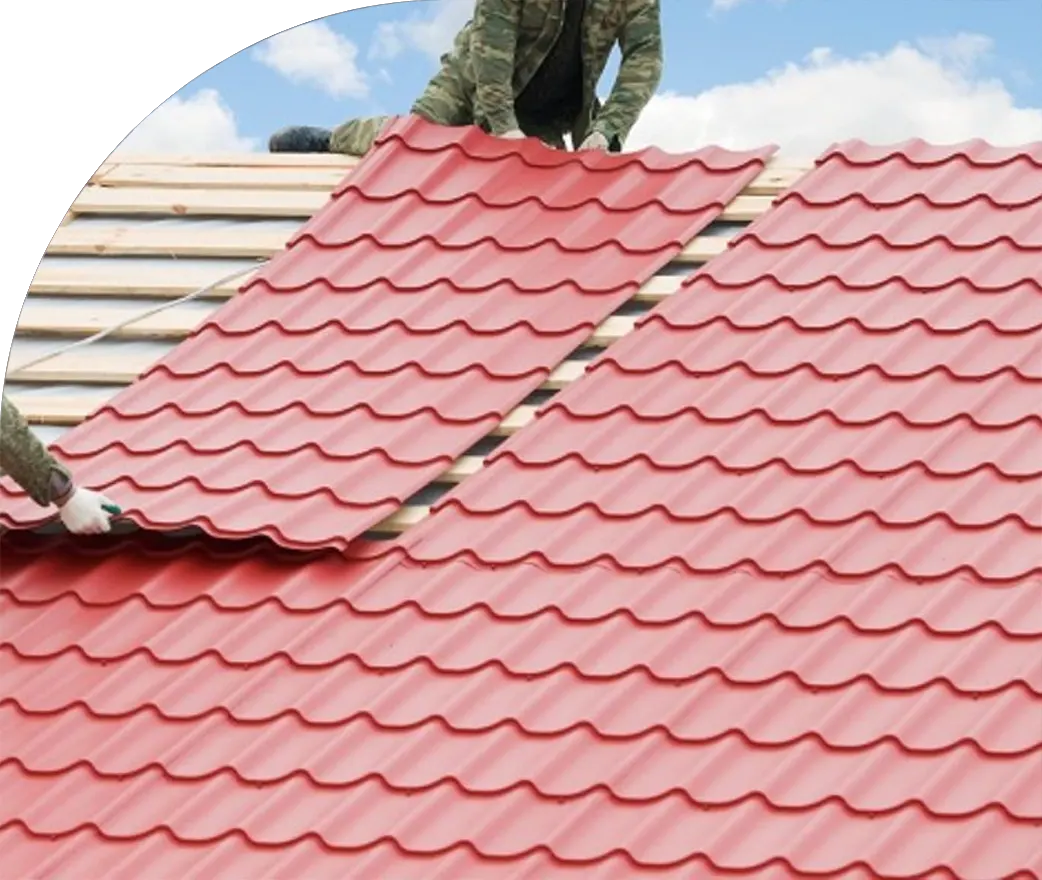As the need for sustainable energy resources becomes increasingly important, homeowners are increasingly turning to energy-efficient roofing materials. Not only can these materials reduce energy costs and provide greater protection from the elements, but they also offer other advantages that can help make your home environmentally friendly and more energy efficient. In this blog post, we will examine the advantages of using energy-efficient roofing materials for your home’s roofing needs.

We will explore the various factors involved in choosing an energy-efficient roofing material, such as the cost, installation process, and maintenance requirements. Additionally, we will discuss how these materials can help reduce energy costs and protect the environment by reducing your home’s carbon footprint. Finally, we will review some of the more widely used energy-efficient roofing materials and discuss the pros and cons of each. By the end of this blog post, you should have a better understanding of the advantages of using energy-efficient roofing materials and how they can help make
Reduced energy costs
One of the biggest advantages of using energy-efficient roofing materials is reduced energy costs. By installing materials that are specifically designed to reflect heat and reduce heat transfer, you can reduce your energy bills significantly. Heat from the sun is reflected away from your home, reducing the amount of energy needed to cool it down during hot summer months. This also keeps your home cooler in the winter months, as heat is kept inside your home instead of being lost through the roof.
Longer lifespan
Another advantage of using energy-efficient roofing materials is that they are designed to last longer. This means that you will be able to enjoy the benefits of your energy-efficient roof for a much longer period of time. In fact, some of these materials can have a lifespan of up to 50 years. This is great news since it means that you won’t have to worry about replacing your roof as often, saving you both time and money. Furthermore, many of these materials come with warranties, so if something does happen, you can easily get a replacement.
Increased durability
Another advantage of using energy-efficient roofing materials is improved durability. These materials are designed to be more resistant to extreme temperatures, which can cause traditional roofing materials to degrade over time. They are also designed to be more resistant to weather damage, such as wind, rain, and hail. This increased durability makes energy-efficient roofing materials a great choice for those looking for a roofing solution that will last for years to come.
Improved home value
The use of energy-efficient roofing materials can have a positive impact on your home’s value. As energy costs continue to rise, more and more people are looking for homes that are energy efficient and cost-effective. By installing energy-efficient roofing materials, you can increase the value of your home. In addition, you can use this increased home value to secure lower interest rates when taking out a loan, or to leverage additional equity when refinancing. It can also make your home more attractive to potential buyers, as they will see it as an investment in their future.
Reduced environmental impact
One of the major advantages of using energy-efficient roofing materials is their reduced environmental impact. By reflecting the sun’s rays, energy-efficient roofing materials can reduce the need for a home to rely on air conditioning, which can help reduce the amount of energy used in a home and lessen the home’s carbon footprint. Additionally, the use of energy-efficient roofing materials can help reduce the amount of water runoff from a roof and help preserve the surrounding environment. By reducing water runoff, these materials can help to reduce the impact of flooding and erosion in the surrounding area.
In conclusion, energy-efficient roofing materials are an excellent choice for both homeowners and businesses. Not only do they save money on energy costs, but they can also help to reduce environmental impact. In addition, they can also help to protect against extreme temperatures and provide long-term savings. When considering roofing material choices, energy-efficient materials should definitely be at the top of the list.
